We all have lean muscles beneath our fat, and as we shed the excess fat, our muscles become obvious. The amount and kind of strength exercise necessary for cutting differs greatly from that required for bulking. People who wish to go through the reducing phase must keep their calorie intake under control. This means that you should cut your calorie intake slightly below your daily calorie demands in order to burn the fat that is covering your muscles. Remember that this is a progressive procedure; you must gradually lower your calorie consumption rather than abruptly discontinuing it.
Here I am going to reveal the top 10 tips for gaining lean muscles
1. Ample Sleep For Growing Muscle

“Adequate sleep may be the single most critical habit to build muscle,” says Marc Perry, C.S.C.S., trainer and founder of BuiltLean, a 12-week transformation programme. For starters, it makes all other muscle-building routines simpler to sustain.
“You’ll have more energy for your exercises, be able to plan your meals more successfully, and give your body the rest it needs to repair the damaged muscle tissue from working out if you get at least eight hours of sleep every night.”
In fact, a 2011 Brazilian study discovered that missing sleep reduces protein synthesis activity, resulting in muscle atrophy and the inability to repair damage.
Furthermore, growth hormone is naturally produced into the circulation by the brain during sleep, according to Richard Kreider, Ph.D., director of the Exercise & Sport Nutrition Lab at Texas A&M University.
Not getting enough z’s means your body isn’t producing the necessary hormone to grow muscle and maintain tissue healthy.
Aside from going to bed at the appropriate hour, Kreider recommends consuming a whey and casein protein combination before bed. It will stimulate protein synthesis while decreasing degradation.
2. Protein Is a Building Block of Lean Muscles

Protein is a building block of muscle. Not only does it aid in muscle growth, but it also aids in hormone synthesis and recuperation. It is advised that you consume 1-1.2 grams of protein per pound of bodyweight.
Ideally, you should try to consume 1 gram of protein per pound of body weight each day, since this may be more appropriate for persons who exercise on a daily basis.
It is vital to note that protein consumption of around 1 gramme per pound per day is suggested throughout muscle building and fat reduction phases.
Protein consumption can have a significant impact on muscle growth and retention, therefore make protein a priority in your diet.
3. Change Up Your Strength Qualities

While sets of 8 to 12 reps are incredibly helpful for muscle building, bear in mind that your body is an adaptable creature that needs to be pushed to change. Rather of adhering to a set and rep strategy for the entire season, try some lower-rep strength work for four weeks followed by some higher-rep (20- to 30-rep sets) strength-endurance work for a training block. The diversity can aid in muscular building.
4. Keep Track of Your Weight Gain While on a Lean Muscle Diet

Tracking your weight gain rate on the scale may provide you with a picture of your lean muscle growth and helpful data on how to alter your diet.
Muscle can only develop so fast, often between 0.5 and 1 pound per week (3).
If you are gaining scale weight quicker than that, it may indicate that you are growing muscle and body fat together, which is not desirable.
If you measure your weight increase rate consistently and can remain within that weekly weight gain range, you will be able to better monitor your lean muscle growth rate and limit excess fat gain throughout that training phase.
5. Increase the Frequency of Your Training
If you want to maintain your current muscle mass, going to the gym twice a week is sufficient; however, if you are looking for growing muscle, you should consider increasing your exercise frequency to 4-5 times a week. Even if these sessions must be cut short to allow for recuperation, the extra exposure to a training stimulus can aid in mass gain.
6. Too Many Single-Joint Exercises.

“All too often, I see people focusing the majority of their workout on smaller muscle groups like biceps and triceps, using single-joint exercises like dumbbell curls and single-arm cable extensions,” says Chris Jordan, C.S.C.S., director of exercise physiology at The Johnson & Johnson Human Performance Institute. These activities may be beneficial, but they are inefficient, according to him.
Replace the fundamentals with multi-joint movements, such as a dumbbell chest press or a barbell row and squat, which engage numerous muscles at once, promoting larger muscle mass growth towards the conclusion of a session.
7. Include Supplements To Grow More Lean Muscles
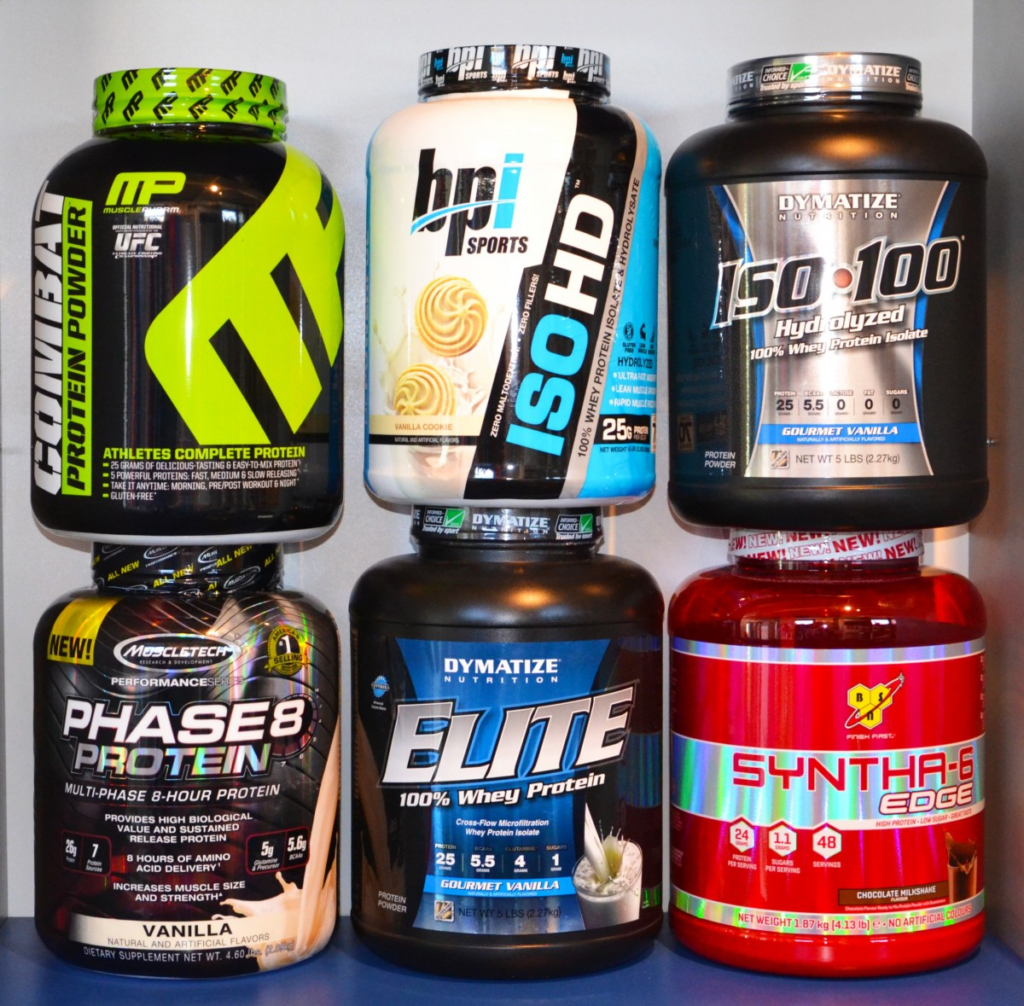
While supplements may not be essential for everyone, it can be beneficial in filling nutritional gaps and enhancing performance.
Creatine, fish oil, multivitamins, and exercise drinks have all been proved to improve strength, performance, and recuperation. And, while the benefits of supplements are far from miraculous, they may be worth trying if you haven’t tried any of these tactics previously.
8. Consuming Protein Bars

Bars, gels, and powders are excellent additions to your diet, especially if you want quick energy. However, the ease of these snacks, along with their high protein content, leads many men down the rabbit hole of substituting freshly prepared meals for protein-in-a-wrapper.
According to Pam Bede, R.D., sports dietitian for Abbott’s EAS Sports Nutrition, eating the appropriate combination of protein, carbohydrates, and healthy fats from whole food is crucial in both retaining lean body mass and feeding your body in the right way for your next activity.
Protein is essential, but getting it from fresh sources like chicken, turkey, beans, and quinoa also feeds your body with micronutrients that aid in the healing of damaged tissue in ways that no other food can.
9. Cardio Exercise Takes Too Much Time

Spending too much time on cardio might actually impair your capacity to gain muscle.
How? For starters, the energy you spend while jogging or bicycling depletes your reserves when it comes time to hit the weights. Furthermore, when striving to gain muscle, you need to eat adequate protein and calories to promote muscle growth.
If you run 50 miles a week, it will be much more difficult to restore those calories and score enough nutrients for an anabolic environment—your body has far too much damage to fix and keep up with.
Consider reducing your lengthy runs and sticking to two to three days of cardio under 45 minutes if you’re attempting to bulk up. Better better, train your muscles to do double duty.
According to a 2010 research by the American Council on Exercise, working out with kettlebells may burn up to 20 calories per minute, while HIIT workouts both burn calories and build muscle.
10. Concentrating on Post-Workout Protein For Lean Muscles
We’ve all heard that you should get protein into your system as soon as possible after working out—and your muscles do require the nutrient to begin the muscle repair and development process.
But it’s just as vital, if not more, to make sure you’re getting enough of it all day, every day.
According to a 2012 study published in Nutrition & Metabolism, the best strategy for gaining lean body mass is for men to consume 20 grams of protein (roughly a personal-size Greek yoghurt or one scoop of powder) every three hours, four times a day, rather than small amounts more frequently or large amounts less frequently.
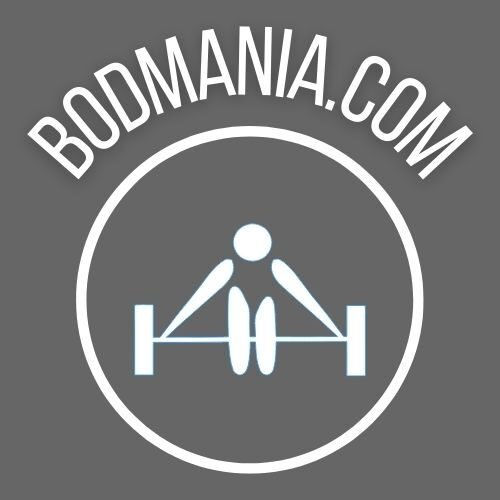


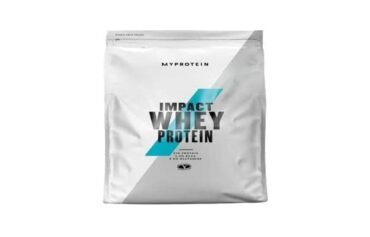
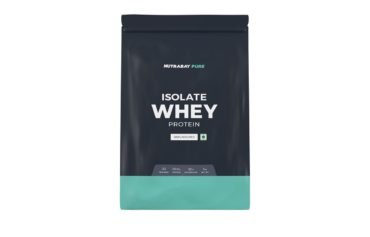
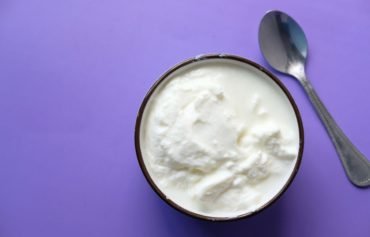

This Post Has 2 Comments